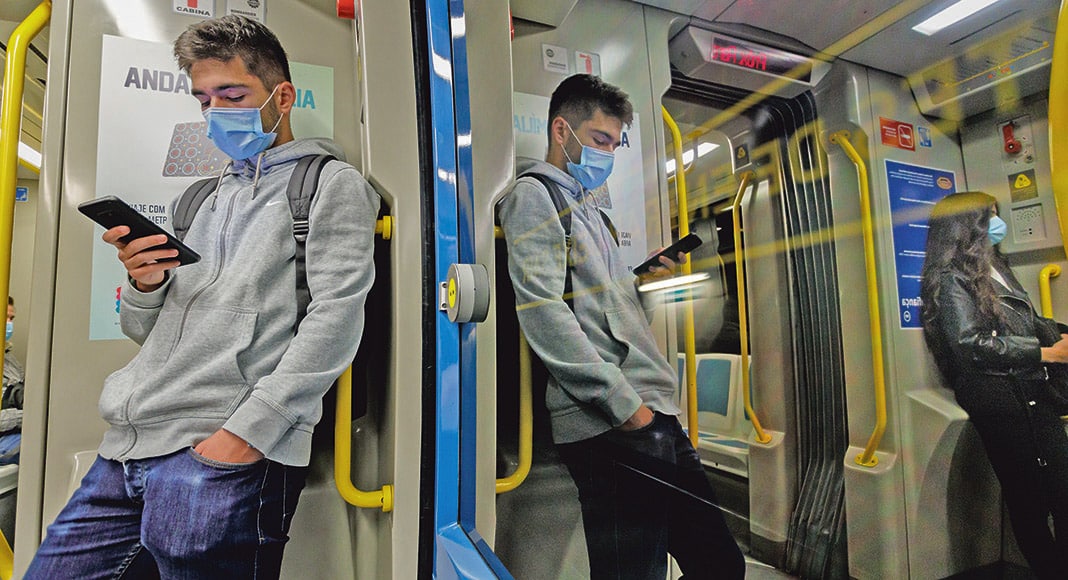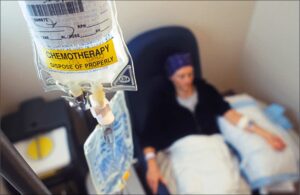Ahead of the Covid ‘status report’ meeting scheduled for tomorrow at Infarmed, specialists at the General Medical Council (Ordem dos Médicos) and IST (Superior Technical Institute of) Lisbon have laid out what they believe Portugal needs in 2022.
Accepting that “from this month” the pandemic is moving to a “terminal and endemic phase, similar to that of (seasonal) flu”, they propose a series of measures – not least the “reinforcement of means necessary to assure the capacity of response in opportune time” of all branches of the health service, including the beleaguered SNS24 hotline (which has become so hot it has essentially melted).
One of the key requirements of an Open Letter published this week is that data relative to hospital patients and those that have died are published in “a regular and transparent way”. This is something that has been markedly lacking for months. (In the early stages of the pandemic, it was possible to gauge the ages of those infected, and of those who had died. Now, none of this is clear.)
The specialists add that data like the “vaccination status and comorbidities” should also be published, so citizens can understand the true situation for themselves.
As to ‘predictions’, the group sees the peak of the current Omicron wave coming between January 20-24, with as many as 100,000 cases per day, and up to 2,200 people in hospitals (which is still within established ‘red lines’ for capacity of the health service – albeit the service is heaving with exhaustion).
The experts warn there is still a degree of “unpredictability on severity, impact on pediatric groups, consequences and duration of immunity (whether natural or through vaccines), in addition to winter uncertainties, the emergence of new variants and the absence of specific vaccines”.
Deaths, for example, at the ‘peak’ later this month could reach 30 per day (which is still well within winter flu levels).
But in a bid to try and “prevent the gravity and lethality of Covid, and promote the country’s return to economic and social normality”, the experts suggest:
- the adoption of a pandemic indicator (click here)
- booster shots for everyone over the age of 65; for those who did not take mRNA vaccines at the outset
- shortening the time lapse between 1st and 2nd shots for children to 3-4 weeks
- continuing with non-pharmacological measures: ie wearing of masks, physical distancing, teleworking from home – even keeping bars and discos shut “dependent on the epidemiological evolution” of the virus, and on a sustained descent of the pandemic indicator and/ or level of vaccine coverage
- maintaining access to restaurants and hotels dependent on Covid Digital Certificates
- reducing the time limits on tests required for access to events: antigen going down to 24-hours (from 48), self tests to 12 (from 24), PCR to just 48 (from 72)
- ensuring that DGS orientation on what people should do in the case of testing positive, or having been in contact with a positive case, is clearer and less mired in bureaucracy.
- Access to antiviral medications should be accelerated, with a national programme created for “the condition post Covid-19”.
The document also mentions “anticipating the eventual necessity for a fourth booster dose with a composition more up to date for new variants”.
One of the signatories, pneumologist Filipe Froes (highlighted recently for remunerations he receives from the pharmaceutical industry click here) stressed that the World Health Organisation could declare an end to the pandemic this year “possibly between the end of the first semester (summer) and the end of winter in the southern hemisphere”.
Other experts would almost certainly want a declaration much earlier. Virologist Pedro Simas, for example, has said now is the time to let the virus disseminate freely, as the population is highly vaccinated, and Omicron while mild provides protection against more virulent strains like Delta.
Thus, how this Open Letter is received by the government/ DGS remains to be seen. Certainly, there is no doubt that the health service needs ‘reinforcing’: the government announced last month that it will be ploughing an extra €84 million into the health budget from the start of this year.


























